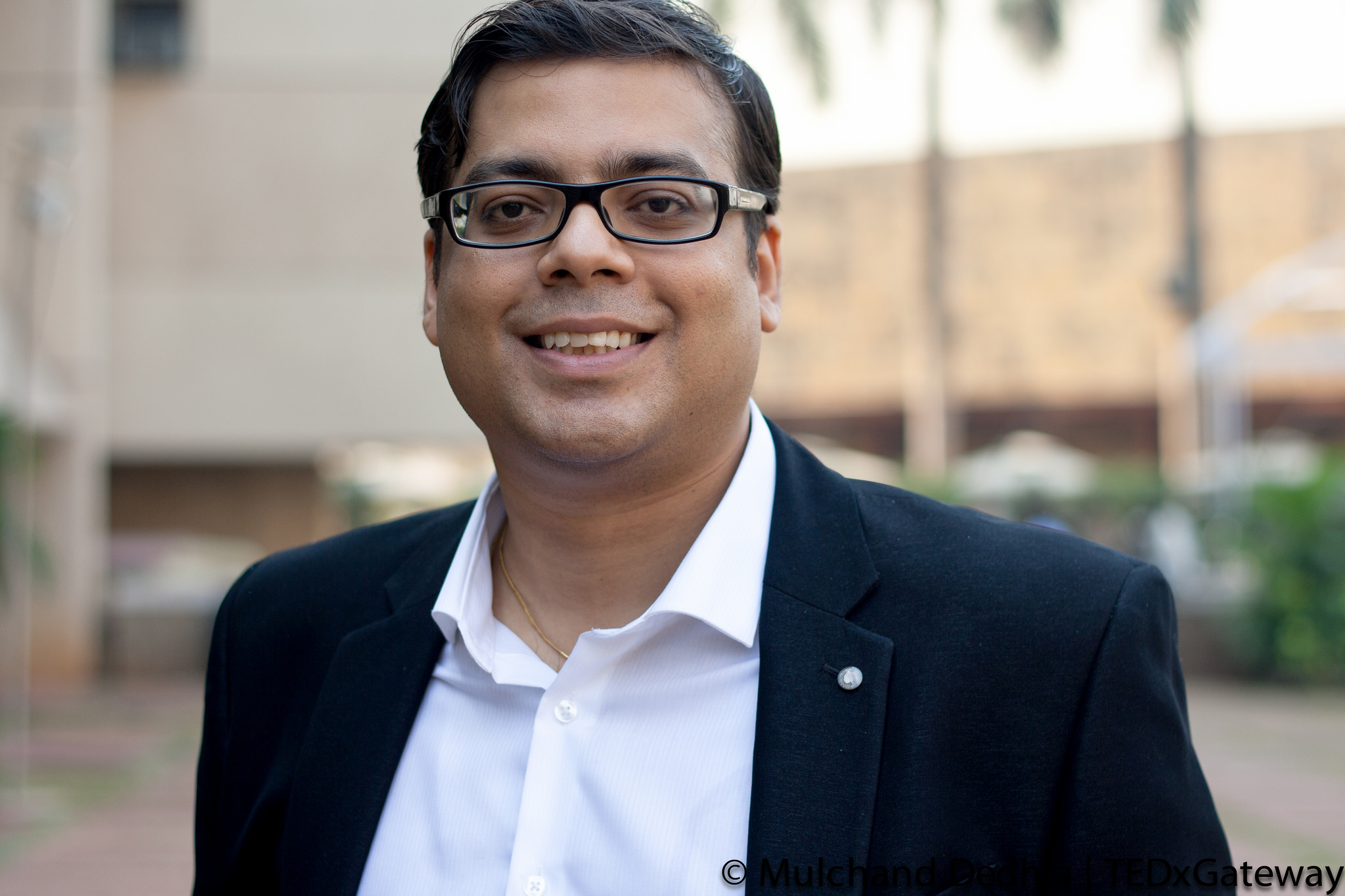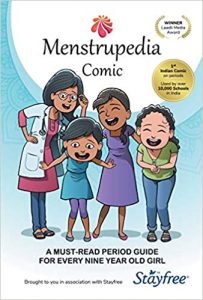Gaurav Tekriwal is best known for putting magic into math. What most of us see as a dreary subject, can actually be great fun. And for this, he has scouted the rich ancient heritage of Vedic mathematics as well as math traditions from countries around the world. His latest book, Maths Sutras from Around the World, outlines some of these mental math techniques.
BookedForLife chats with the math-master himself to glean how one could put the magic back into math.
Maths Sutras from Around the World describes powerful mental math techniques in a very easy to understand manner. In today’s gadget dominated world, where everyone has access to speed calculators, what do you believe is the role and importance of mental math?
In today’s world the importance of Mental Math cannot be undermined, even though we have calculators and computers to do all the calculations and processing for us.
Globally, right now we are facing a full blown Math Crisis. Did you know that 73.7% of all children in Grade 3 in India can’t subtract! (two digit problems with borrowing) according to the ASER Report by Pratham. In the United Kingdom, more than 17 million adults have Maths skills less than an 11-year-old according to the newspaper Guardian and countries like South Africa, Ghana, and Oman rank Bottom 3 in the World in Maths Scores according to the TIMSS Survey.
Mental Math techniques like Vedic Maths simplify Math to a great extent. Children love to loathe Math – but if they are shown that you can play around with numbers and that there can be more than one way to solve a Math problem – they would definitely be more excited.
If your country can’t do math, how will it progress? I was in South Africa taking a class in 2009 and I asked a 15-year-old girl student how much is 8 times 8. She solved it graphically for me by making 64 circles (8 in row) and by counting and telling me the wrong answer of 54 in 7 minutes. That’s how bad the situation is. Even though you may have the fastest calculators – you need your concepts in place too.
Math is a very creative subject. This aspect of Math is never shown in schools. Hence everybody right from students, parents and even teachers themselves are scared of it. While teaching if you can be a bit more creative and positive via these methods you can instil a love for Math.
Also, our brain is just like a muscle. You need to keep exercising it. Mental Math techniques are one of the ways to do so.
You are the Founder President of the Vedic Maths Forum India. What are the specific advantages of this ancient curriculum as compared to the way math is taught in our schools today?
Often, in schools, Math is taught in a mechanized robotic way, sapping the subject of its true beauty. You are given a problem and you have to solve it using a series of dull steps. No one shares that you can be creative about it too. You can sidestep the traditional way and solve it in a new way which is quick and fun. Vedic Math can be said to be the world’s fastest mental math system. It works in the same way the mind works. For example, we can all read left to write but when we solve sums on addition, subtraction or multiplication we always do it right to left. With the Vedic system you do your calculations left to right, get the answer quicker and you can even check your answer.
You also have a solid understanding of how the number system works using visual patterns. Armed with Vedic Math skills you can not only shine in your academics in school, but you can also apply the system to competitive examinations where you have to solve problems in less time.
In the book you have described techniques from different parts of the world. Do you believe we can move towards toward a global integrated math curriculum?
It will take time – but this is very much possible and achievable. With globalization and with boundaries to education disappearing thanks to the World Wide Web, students today have access to very powerful information. Students are looking for alternative methods to make their Math easier and simpler. Today you can use the best from the entire world to your benefit. Why shouldn’t it be done? A global integrated curriculum is a dream and maybe you can say that this book is a step in that direction.
Math is a subject that many children dread in school. What advice would you like to give parents and teachers to ensure that they approach this fascinating subject with the right attitude?
I think we need to transform the face of Math education today and that teachers be given that power and freedom to allow children to play with the subject in the first place. Teachers must use alternative means to point out abstract concepts to students. Teachers must use technology, games, math manipulatives and promote recreational mathematics via Math Clubs. Teachers should be enthusiastic in the first place and teach the subject with the right mindset and positive mental attitude. Who says Math can’t be fun?
How did your love for math begin?
In school I was lucky to have few good Math teachers who ensured I understood the concept and performed well. When I scored a little over 90% in my tenth board Math exam – the whole experience was very motivating and encouraging for me. Math was my strength and it was something I was naturally good at. It was something which set me apart from the rest of the crowd and led me to believe in myself. So when it came to make a career choice few years down the line and to take that leap of faith – I chose Mathematics and since then I never really looked back.
Gaurav Tekriwal’s Maths Sutras from Around the World is definitely one step in a direction which paves the way for math to be seen differently. Well, we’re sure it will all add up well together!
To know more about Vedic Math: www.vedicmathsindia.org
Books by Gaurav Tekriwal:




